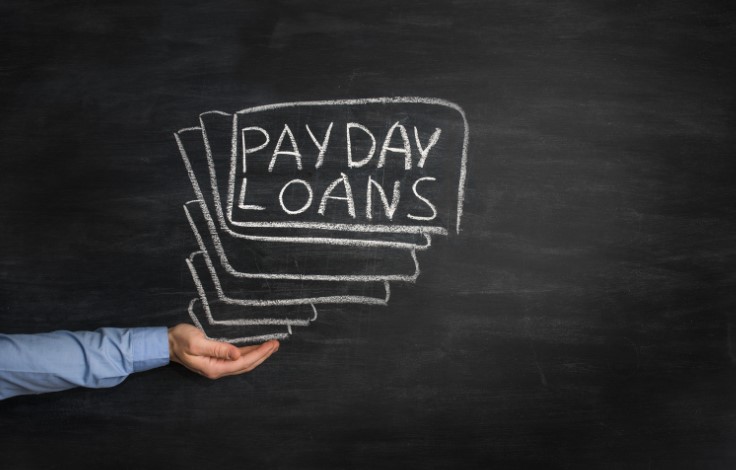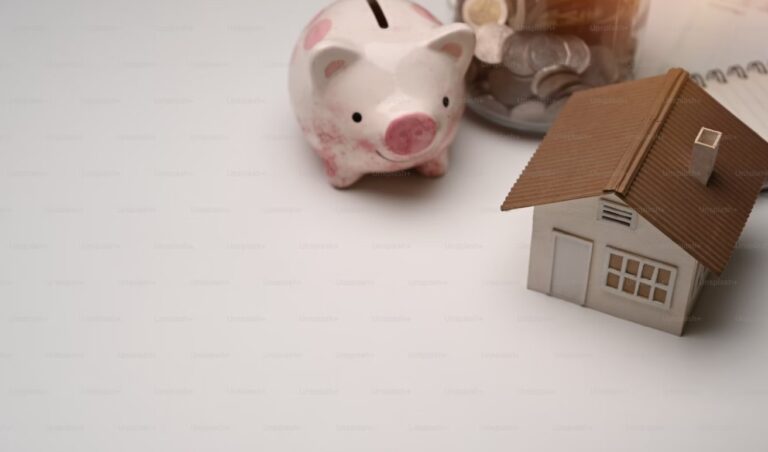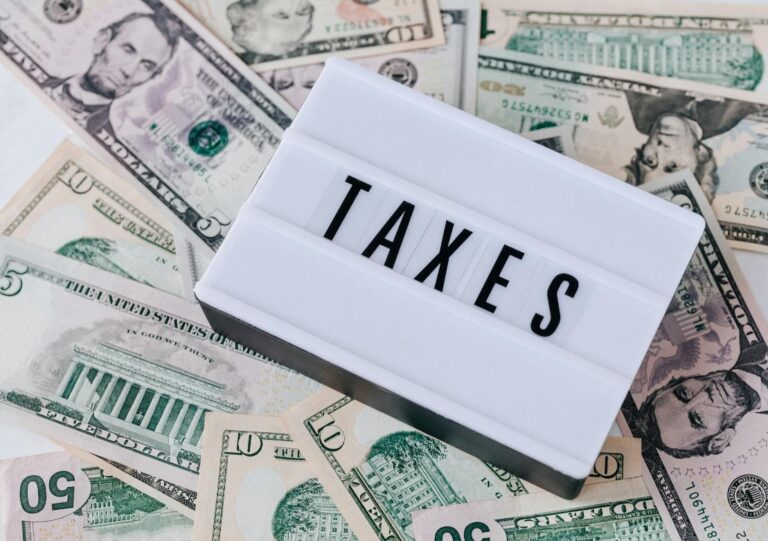How to Get a Loan with Horrible Credit (Bad Credit) in the UK?
Last Updated on
What is Considered Horrible Credit?
In the UK, credit scores are a critical aspect of your financial health, and they can range widely. Credit reference agencies like Experian, Equifax, and TransUnion use different scales, but they generally follow a similar pattern:
- Experian: Scores range from 0 to 999. A score below 561 is considered very poor.
- Equifax: Scores range from 0 to 700. A score below 279 is considered very poor.
- TransUnion: Scores range from 0 to 710. A score below 566 is considered very poor.
A horrible credit score typically falls into these very poor categories. Such scores can result from various financial behaviors, including missed payments, high levels of debt, and other credit mismanagement issues. A low score signals to lenders that you are a high-risk borrower, which can make obtaining a loan more challenging and expensive.
What Makes Your Credit Score Bad?
Several factors contribute to a bad credit score. Understanding these can help you avoid pitfalls and work towards improving your score:
-
Payment History:
- Late or Missed Payments: Late payments on credit cards, loans, or utilities can significantly impact your credit score. Consistently paying bills on time is crucial.
- Defaults: Failing to meet the terms of a credit agreement can lead to defaults, which remain on your credit report for six years.
-
Credit Utilization:
- High Credit Utilization: Using a large percentage of your available credit limits can lower your score. It’s generally recommended to keep your credit utilization below 30%.
-
Length of Credit History:
- Short Credit History: A short credit history can negatively affect your score. Lenders prefer a long history of responsible credit use.
-
Types of Credit Accounts:
- Limited Credit Mix: Having only one type of credit account, such as a credit card, rather than a mix of credit types (e.g., loans, mortgages) can lower your score.
-
Recent Credit Inquiries:
- Multiple Credit Applications: Applying for numerous credit accounts in a short period can indicate financial distress and negatively impact your score.
-
Public Records:
- Bankruptcy or County Court Judgments (CCJs): These can have a severe negative impact on your credit score and remain on your report for several years.

Why Your Credit Score Matters?
Your credit score is a crucial factor in the loan approval process. Here’s why it matters:
-
Risk Assessment:
Lenders use your credit score to evaluate the risk of lending to you. A higher score indicates a lower risk, making you more attractive to lenders.
-
Interest Rates:
Borrowers with higher credit scores are often offered lower interest rates. A poor credit score can lead to higher interest rates, increasing the overall cost of the loan.
-
Loan Amounts:
A better credit score can result in higher borrowing limits. Lenders may restrict the amount they are willing to lend if you have a low score.
-
Approval Odds:
A good credit score increases your chances of loan approval. Conversely, a poor score can lead to rejections or require additional security, like a co-signer or collateral.
Can You Get a Loan with Horrible Credit?
Yes, it is possible to get a loan with bad credit score, but your options may be limited and come with higher costs. Here are some types of loans and strategies to consider:
-
Secured Loans:
These require collateral, such as a car or property, which reduces the lender’s risk and can lead to better loan terms despite a bad credit score.
-
Unsecured Loans:
These do not require collateral but come with higher interest rates and stricter eligibility criteria.
-
Guarantor Loans:
Involves a third party, usually a family member or friend, who guarantees the loan. This can improve your chances of approval.
-
Payday Loans:
Short-term loans with very high interest rates, meant to cover immediate expenses until your next payday. They should be used with caution due to the risk of debt cycles. Instead go for short term loans like £1000 loans over 12 months or like £3000 loans over 3 years.

What Makes the Loan Get Rejected with Bad Credit?
Loan rejection is common for those with bad credit. Here are some typical reasons:
-
Low Credit Score:
Indicates high risk, leading lenders to reject the application.
-
High Debt-to-Income Ratio:
If your monthly debt payments are a large portion of your income, lenders may doubt your ability to repay the loan.
-
Unstable Employment History:
Lenders prefer borrowers with a stable job history as it suggests a reliable income.
-
Insufficient Collateral:
For secured loans, the value of the collateral may be deemed insufficient to cover the loan amount.
-
Incomplete Application:
Missing or incorrect information on your loan application can lead to rejection.
Types of Loans Available for Bad Credit (Horrible Credit)
-
Secured Loans
- Explanation: These loans require collateral, such as a car or home. The collateral reduces the lender’s risk, often resulting in better terms.
- Pros: Lower interest rates, higher approval chances, larger loan amounts.
- Cons: Risk of losing collateral if you default on the loan.
-
Unsecured Loans
- Explanation: These loans do not require collateral and are based solely on your creditworthiness.
- Pros: No need for collateral, quicker approval process.
- Cons: Higher interest rates, lower borrowing limits, more stringent approval criteria.
-
Guarantor Loans
- Explanation: Involves a guarantor who agrees to repay the loan if you default. This person must have good credit.
- Pros: Easier approval, potential for better interest rates.
- Cons: Puts the guarantor at financial risk, potential strain on personal relationships.
-
Payday Loans
- Explanation: Short-term loans intended to cover expenses until your next payday. These loans come with extremely high interest rates and fees.
- Pros: Quick and easy approval, access to funds in emergencies.
- Cons: Very high interest rates, short repayment terms, risk of falling into a debt cycle.
How to Make the Loan Approved with Really Bad and Horrible Credit?
-
Improve Your Credit Score
- Pay Off Existing Debts: Prioritize paying down high-interest debts first. This can improve your debt-to-income ratio and your credit utilization.
- Timely Payments: Ensure all future bills and debts are paid on time. Consider setting up automatic payments to avoid missing due dates.
-
Consider a Co-Signer or Guarantor
- Benefits: A co-signer with good credit can significantly increase your chances of loan approval and might even help you secure better interest rates.
- How to Find: Look for a reliable friend or family member who trusts you and is willing to take on this responsibility.
-
Explore Alternative Lenders
- Credit Unions: These member-owned institutions often offer more flexible lending criteria and better interest rates than traditional banks.
- Online Lenders: Many online lenders specialize in loans for people with bad credit. Compare multiple lenders to find the best terms.
-
Be Honest About Your Situation
- Transparency: Clearly explain your financial situation to the lender. Provide any documentation that can help illustrate your current financial stability and your plan to repay the loan.
- Credit Explanation Letter: If your credit issues were due to a specific incident (like a medical emergency or job loss), explain this in a letter to the lender.

How Can You Improve Your Bad Credit Score to Good?
-
Monitor Your Credit Report
- Regular Checks: Regularly review your credit report for errors and inaccuracies. You can request a free copy of your credit report from each of the major credit reporting agencies annually.
- Dispute Errors: If you find any errors, dispute them with the credit bureau. Correcting inaccuracies can improve your score quickly.
-
Pay Your Bills on Time
- Automatic Payments: Set up automatic payments or calendar reminders to ensure you never miss a payment.
- Prioritize High-Interest Debts: Focus on paying off high-interest debts first. This can help you save money and improve your credit score faster.
-
Reduce Your Debt
- Credit Utilization: Aim to keep your credit utilization ratio below 30%. This means if you have a credit limit of £10,000, try to keep your balance below £3,000.
- Debt Repayment Plan: Create a budget and a debt repayment plan. Consider using the snowball method (paying off smallest debts first) or the avalanche method (paying off highest interest debts first).
Understanding Interest Rates and Loan Terms
Interest rates for bad credit loans are typically higher due to the increased risk to lenders. It’s essential to compare rates and terms from multiple lenders to find the most favorable conditions. Pay attention to the APR (annual percentage rate), which includes interest and any fees. There are also 0 interest loans for 12 months which you can utilize it.
How Long Will It Take to Improve the Credit Score?
Improving a credit score can take time, depending on the severity of your credit issues. Generally, you can see improvement within six months to a year by consistently paying bills on time, reducing debt, and monitoring your credit report.
| Improvement Action | Timeframe to See Improvement |
|---|---|
| Paying bills on time | 1-3 months |
| Reducing credit utilization | 1-2 months |
| Disputing credit report errors | 1-2 months |
| Establishing new credit accounts | 6-12 months |
Risks and Considerations
- High-interest rates: Loans for bad credit come with higher interest rates, increasing the cost of borrowing.
- Predatory lenders: Be wary of lenders who exploit borrowers with bad credit by offering unfavorable terms.
- Debt cycle: High-interest loans can lead to a cycle of debt if not managed carefully.
Conclusion
Getting a loan for bad credit in the UK is challenging but not impossible. By understanding your options, improving your credit score, and being transparent with lenders, you can increase your chances of approval. Take proactive steps to manage your finances and explore all available loan options to find the best solution for your needs.
Frequently Asked Questions
-
Can I get a mortgage with horrible credit?
Yes, but it will likely require a higher down payment and come with higher interest rates. Consider speaking with a mortgage broker who specializes in bad credit.
-
Are there government programs to help people with bad credit?
Some government programs, like Help to Buy, can assist with home purchases, but options are limited for personal loans.
-
What is the difference between secured and unsecured loans?
Secured loans require collateral, reducing the lender’s risk and potentially offering better terms. Unsecured loans do not require collateral but come with higher interest rates.
-
How long does it take to improve a bad credit score?
It can take six months to a year to see significant improvement, depending on the actions taken and the severity of the credit issues.







